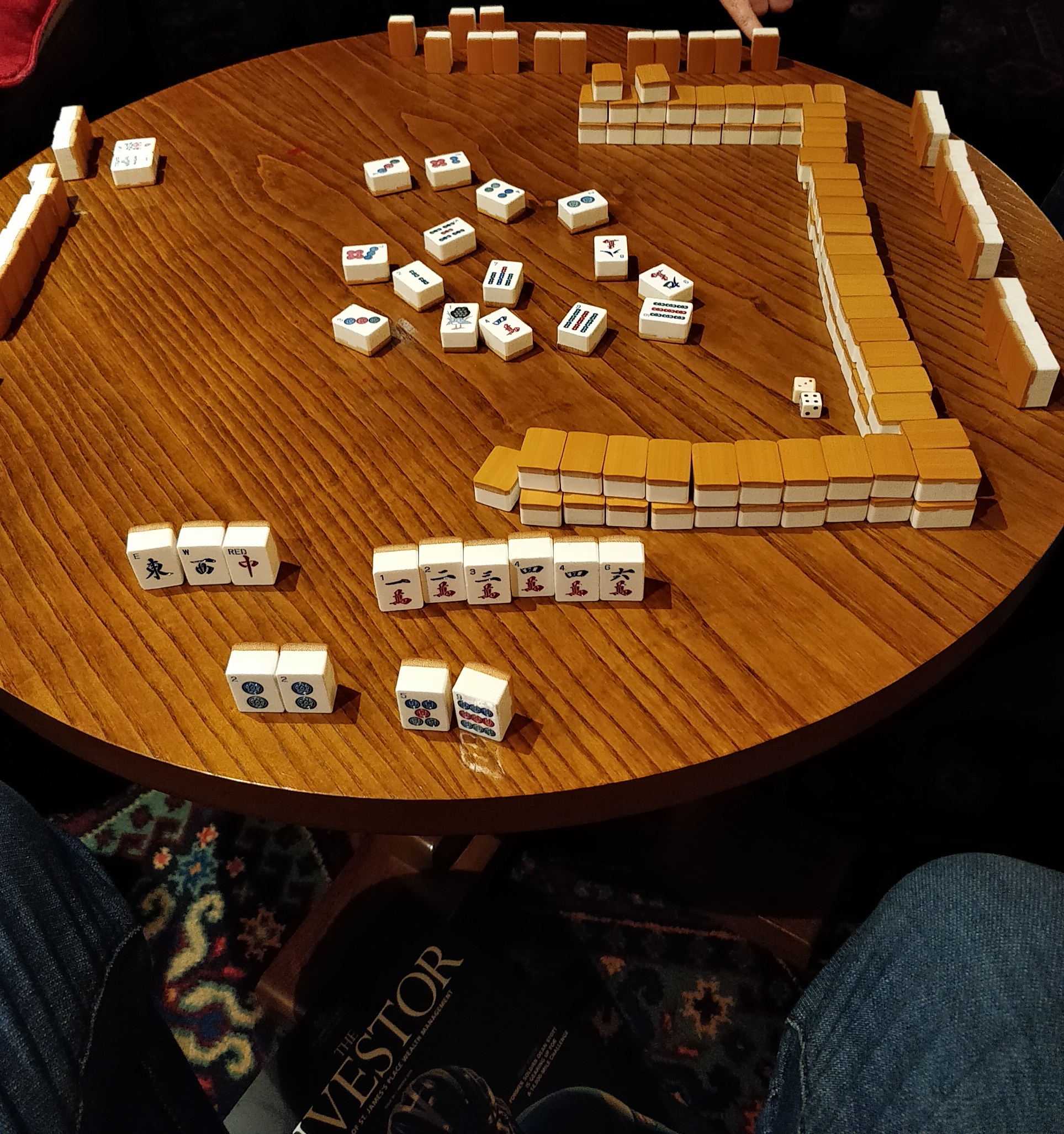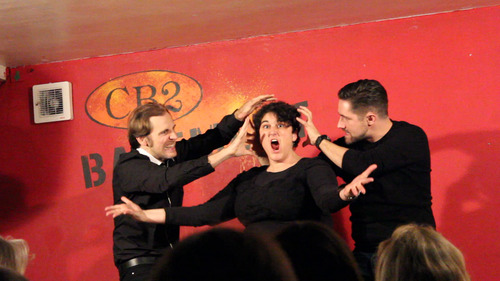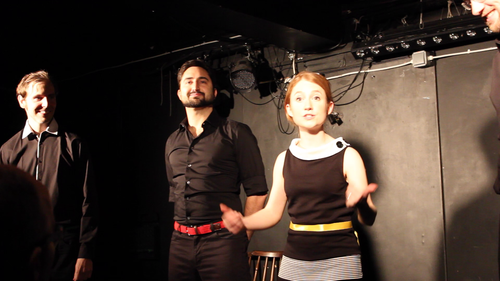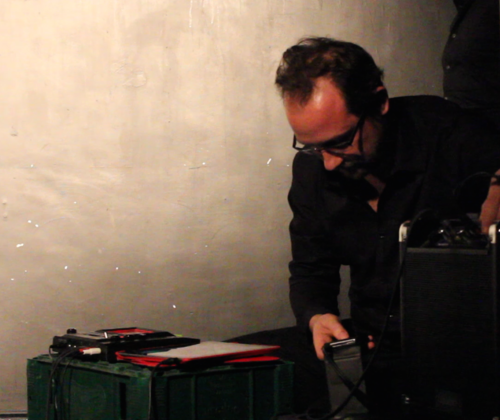The plan is to blog regularly again, and to get me started (and keep me honest) I’m going to be writing a regular review of what the days have provided, narratively, imaginatively, experientially, in the spirit of many of the newsletters I subscribe to (and also Jay’s awesome blog). Right now it’s going to be a seven-day view every Sunday, although that might change. I’m going to play around with the regular categories, and try and be mindful of taking photos in the week a bit more as well. Some of the sections are there as little enchantments, to keep me doing the stuff I should be doing.
This week as it was to me
I’ve spent most of the past week down south, starting with a visit to our old seaside haunt before the extended family flat gets sold. Splashed around with my family in a swimming pool as warm as some people like a bath. My niece enjoyed ordering her dad and I to race it in laps.


Mid-week I skidded up to Newcastle for a job interview. It paid off. I’ll be working in the NHS as part of my exploration of the therapeutic side of psychology (the thing people already assume I do when I tell them I’m a psychologist). I live in Newcastle now, which you may not know.
Back now in London; my mum just had an operation so me and my sister are doing nursing shifts at the moment. Cosy home atmosphere, TV and plenty of hot drinks on the go.
Building
This site. A bit more about it here.
Also, my rss feed again. I used to be intravenously connected to Google Reader, and then it died, and the world of blogs seemed to be fading out, and now we’re stuck between the hellsite and the corporate NSA. That’s why I’m back to blogging, less consumption and more creation. But consumption is still needed, and it’s important to break the variable reinforcement schedule of thumbing through twitter for 15 minutes hoping for an article that might actually be satisfying. Curate your own feed and read stuff from people you find thoughtful, and come back to again and again in a reader relationship (or, you know, comment and shit). I’m using Feedly, but you got plenty of options.
Art and improv
I did a Dreaming show on Friday with John – Alice was ill, and Joe couldn’t make it, so it was a straight-up duo. Was super fun, it’s nice to have people tell you that you are showing them something new and inspiring.
One of the reason I like this group is that we come across thematic, meaningful stuff without deciding that we have something to tell. We played a scene as Tetris pieces, which was inspired by the positions we were lying on the ground and the bar-stools we were shoving back and forth rhythmically. After the show was done I realised that the scene became an allegory about being gay in modern Russia, but that just flowed out, it wasn’t the product of one person’s wish to demonstrate an idea. Ten years in, and I’m not sick of this artform at all.
Giving
Not so much. An improviser I met recently ask about tips for using music well, and I told him what I had in my head. I might do what I did the last time and write it up as a primer in the spirit of this.
Branches outward
Sing Your Heart Out: community singing as part of mental health recovery
Time to Rise – Cli-Fi and the Responsibility of New Visions
Why do we think of the future as being in front? New clues from study of people born blind (by me)
Recommendations
Ugly Delicious on Netflix. Jay recommended this food program and it’s great. History and fun facts interlaced with conversations about cultural ownership, a ton of enjoying food vicariously, with engaging hosts and real dialogue.
Reading
The Uses of Slime Mould, a collection of essays by Nicholas Mosley. Mosley seems in many ways to be an intellectual precursor of Jordan Peterson (whose 12 Rules for Life I read a couple of months ago). They have many of the same preoccupations with therapy, totalitarianism, the nature of religion and the Christian message, darkness, order and chaos. Mosley is less of the straight talker, which might just be that he’s English nobility, not the product of a Canadian prairie town, but I think it’s more about the complexities that Mosley met directly – his father was the fascist Oswald Mosley, which is quite the shadow to grow beneath.
His writing often dips into the psychoanalytic preoccupation with contradictions and tensions. This can be a bit hard going, and reminds me of how I abandoned Adam Philips’ Side Effects despite having the sense that there was something original in there trying to peer out at me. In Mosley’s case, I’ve been ready to push through the opaque stuff, knowing his writing can reward – although I did put aside his epic Hopeful Monsters meaning to return to it (and I should). I read his Experience and Religion over a decade ago, when my interest in the topic was tentative and academic – something I certainly can’t say now – and that book played its part. Once I’ve finished this book, I might say a little about one or two of the essays.
That’s it for these days.




